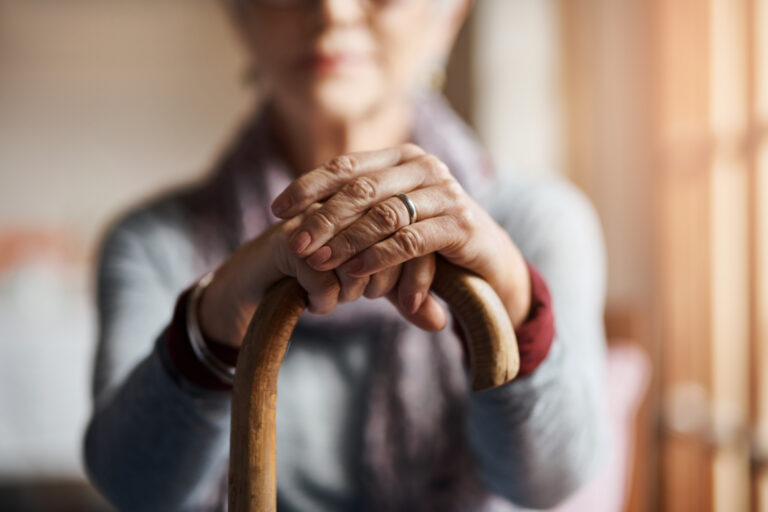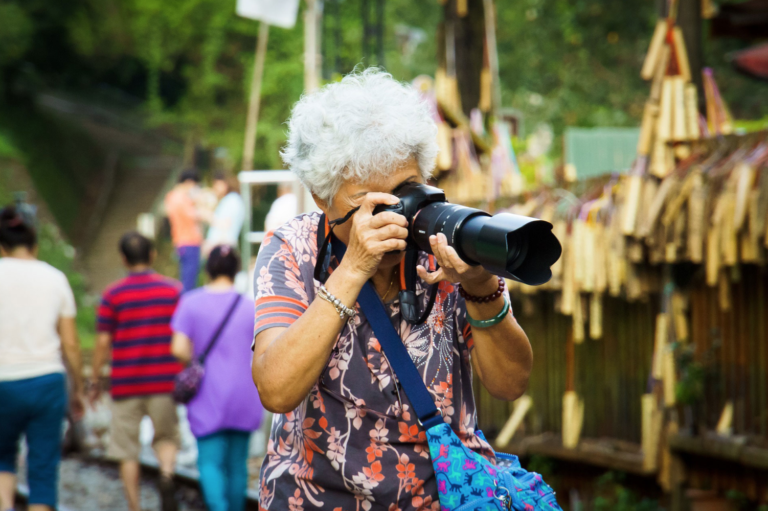How to Age Gracefully
Aging is a unique experience that has no set rules or guidelines. Previously, we’ve explored how to embrace the process of aging and talked to Sage Collective Board Members about aging in place.
Contrary to what many presume, aging gracefully isn’t about transforming into your best physical self; instead, the transformation is focused on feeling and acting as your best self. Similar to our 9 Ways of Vibrant Living, aging gracefully pulls from numerous principles that champion a joyful and enduring life. Here is Sage Collective’s advice for how to age gracefully and establish essential support as you become older:
Be Mindful
Mindfulness is a critical skill required to carry through life, as it helps you become more focused on the present and less on the future or the past. With time and practice, mindful thinking reduces stress, improves memory and heightens emotional responses. Meditation is one favored technique many use to train themselves in mindfulness.
Get Involved in Things You Love
As we age, discovering a meaningful hobby helps maintain a sense of purpose and encourages engagement in life. Whether you find passion in participating in politics, mentoring others or engaging in faith-based services, evidence shows that people who engage in something they love experience greater happiness and a longer life.
Connect With Others
Fostering a sense of connection with those by whom you are surrounded helps enrich the process of aging. Families, friends and communities can serve as powerful resources with varying types of assistance. Genuine support systems have dramatic effects on your connection to your physical environment, which considerably affects the quality of your personal experience with aging.
Take Care of Your Body
One of the most crucial ways to age gracefully is by supporting your body’s health through actions such as nutritious eating, plentiful sleep and routine exercise. Actively caring for your body lowers the risk of numerous diseases and greatly improves balance and mobility.
Don’t Forget About Your Mind
In addition to taking care of your body, tending to your mind and mental health can dramatically shift the aging process. Surrounding yourself with things and people you love boosts positive moods and fuels feelings of prosperity. And while aging is a complex process, it can be a beautiful thing when embraced and celebrated.
Though inevitable, aging doesn’t have to be strenuous. Taking the time to learn how to age gracefully and successfully incorporating these tips into your life can have wonderful effects on your future.



